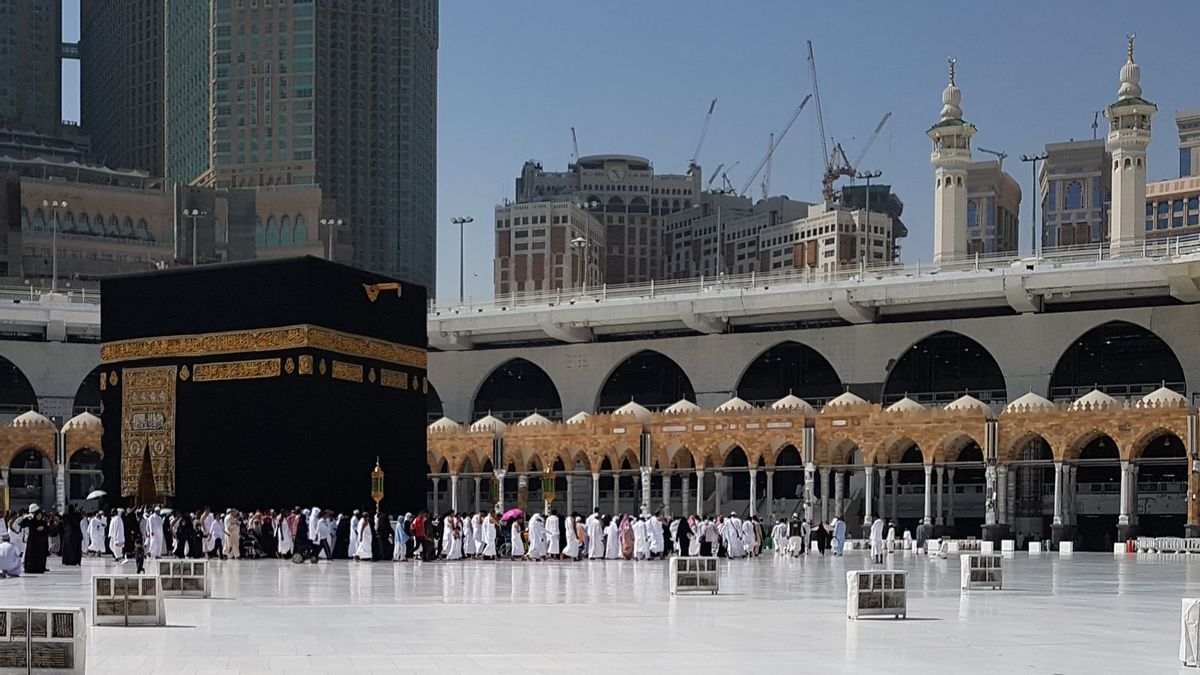JAKARTA - The Ministry of Religion stated that the special hajj quota was allocated eight percent of the total quota given by Saudi Arabia to Indonesia in accordance with Law Number 8 of 2019.
"We are still waiting for the quota for hajj to be given to Indonesia. The hajj quota will be in accordance with Law Number 8 of 2019 and will consist of 92 percent of regular hajj and 8 percent of special hajj," said Director General of Hajj and Umrah at the Ministry of Religion Hilman Latief in a written statement quoted Between, Tuesday, April 12.
Hilman said that based on data for the payment of the special Hajj in 2020, there were 15,466 pilgrims who had paid off the Special Hajj Travel Fee (BPIH).
He said, if the quota given to Indonesia is not in the normal amount (100 percent), then there is the potential for many pilgrims to be paid off who cannot yet be dispatched. Moreover, Saudi Arabia only opens the pilgrimage for as many as one million people both domestically and abroad.
"This data must be reconciled immediately and prepare for mitigation," said Hilman.
As part of the mitigation, Hilman asked his staff to make a number of preparations, such as data reconciliation for special pilgrims who are paid off and ready to depart, and registering special pilgrims under the age of 65 who are ready to depart.
Then, ensure that special pilgrims who are ready to leave, have been vaccinated against COVID-19 in full doses, and prepare regulations for confirmation of payment of Special BPIH and filling of special hajj quotas.
"Bina Umrah and Special Hajj (UHK) must also simulate scenarios for the departure of special pilgrims, involving the PIHK consortium, PIHK officers, and the management of Saudi Arabia's service contracts," he said.
Regarding filling the special hajj quota, Hilman asked that clear and firm guidelines be made. He asked that there should not be any congregation who felt they were being treated unfairly because their portion number was skipped.
"The reference in Law Number 8 of 2019 is clear, the principle of first come, first serve, is non-negotiable, because they have already paid off their BPIH, are in line, and are delayed for 2 years. If there are those who cannot leave due to requirements constraints, they will be replaced by the portion numbers in the order below," he said.
Hilman also identified a number of issues that need to be mitigated, such as the potential increase in service fees after two years of no departure, both accommodation, consumption, transportation services in Saudi Arabia, as well as visas and insurance.
The English, Chinese, Japanese, Arabic, and French versions are automatically generated by the AI. So there may still be inaccuracies in translating, please always see Indonesian as our main language. (system supported by DigitalSiber.id)











